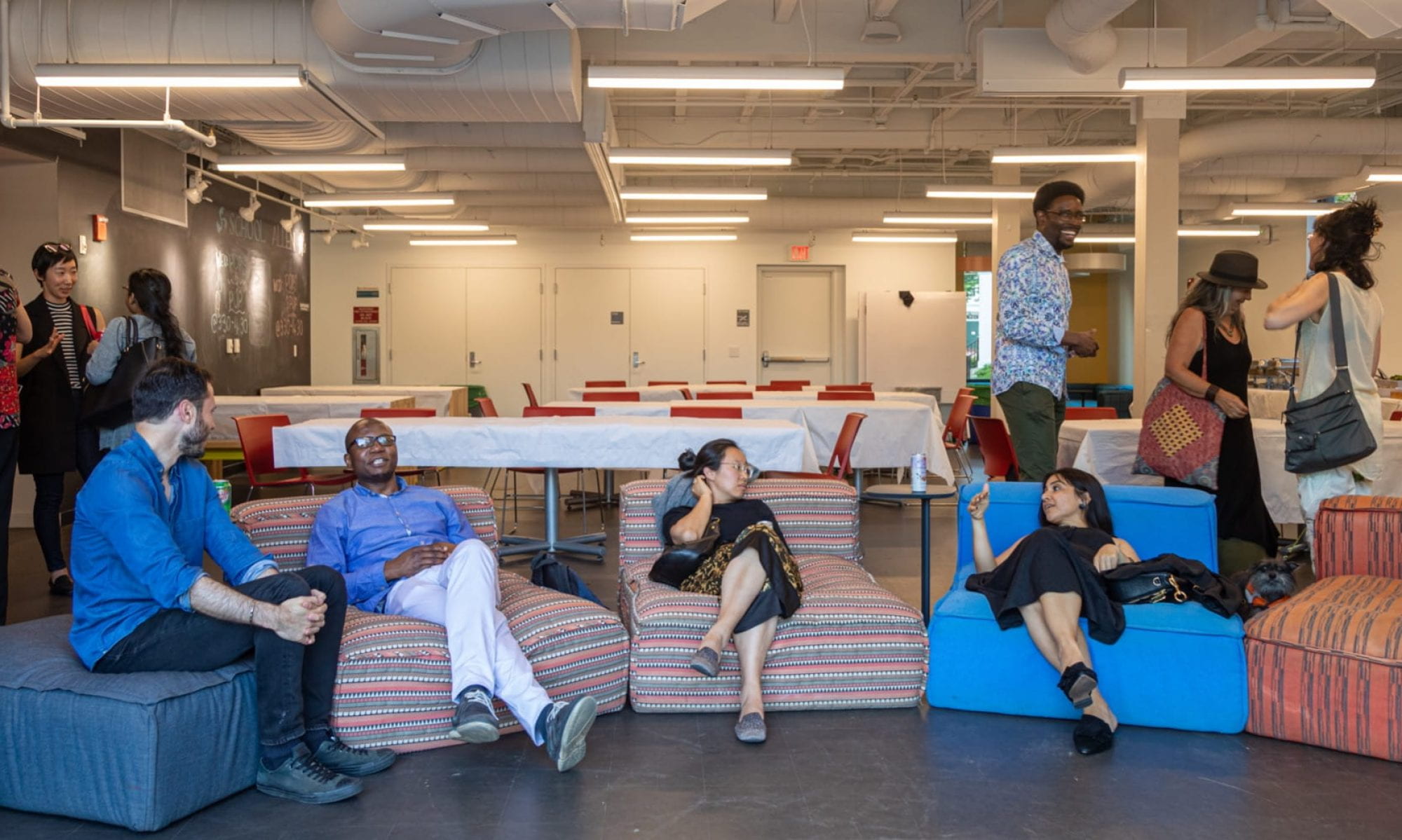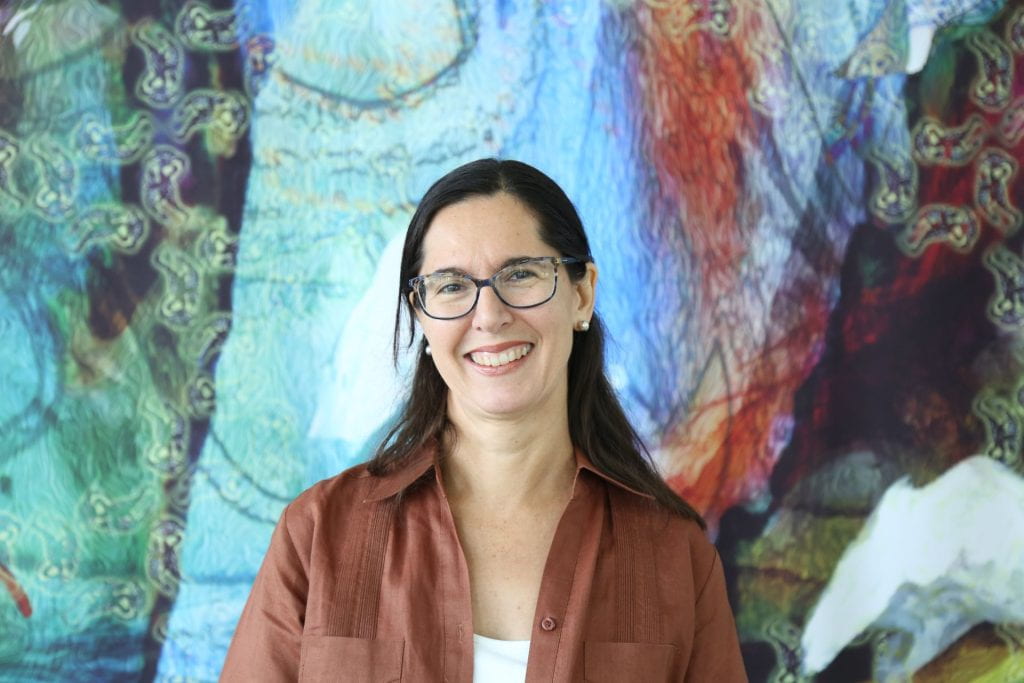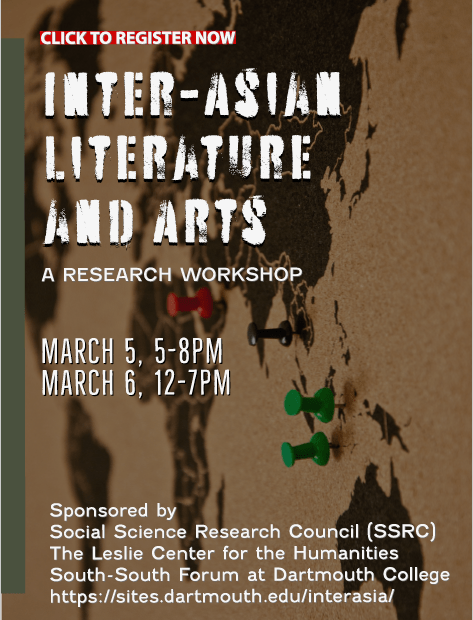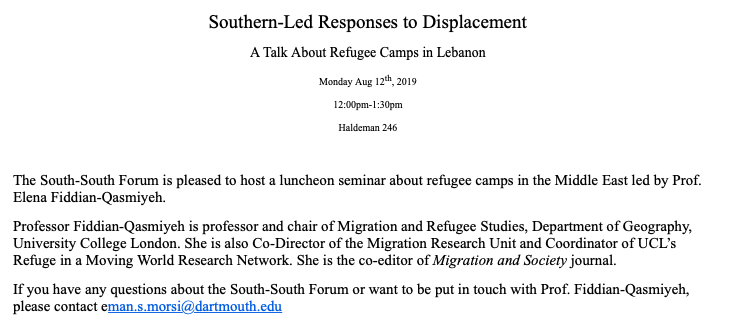Displacement
PLEASE NOTE THAT DUE TO LOGISTICAL ISSUES, THIS WORKSHOP HAS BEEN POSTPONED TO JANUARY 2025
This is a funded, weeklong workshop hosted by the Department of English, University of Hyderabad and Co-Sponsored by the South-South Forum at Dartmouth College.
Description:
Diasporas are formed by either gradual accretion of immigrants, or sudden expulsion of huge masses. While the former is often viewed as a voluntary movement, the latter results from forced dispersal. One of the defining characteristics of migration – voluntary or forced – is that of displacement.
The trauma of displacement is a recurring theme in diasporic studies. Displacement for some is political, rooted in violent processes of state formation, including partition, and militarization, while for others, it is ecological, the outcome of droughts, hurricanes, and environmental degradation. What are the characteristics of political and social displacements? How do we understand displacement and resettlement in the era of climate change? How does displacement inform identity formation in young adults and children? These are some of the questions that this international workshop will consider when thinking across regions and disciplines. Our focus on the theme of “Displacement” could include these and other channels of inquiry:
- Narrating Displacement
- Affective geographies
- The politics and economics of Displacement
- Alienation
- Trauma
- (Re)Gendered identities and relations
- The inner worlds of displacement (spiritual, psychological etc.)
- Climate change
- War
- Class and mobility
- Belonging
- Questions of gender and sexuality
Format and Timeline:
The workshop sessions will be dedicated to discussions of participants’ pre-circulated works-in-progress with the aim of publishing the final drafts as a special issue in an academic journal.
We welcome submissions from academics and independent scholars of all disciplines. Given the cross-regional emphasis of the organizing bodies, applicants who work on more than one area within the same continent or across multiple continents will be given priority.
The workshop will be held at the University of Hyderabad from Nov 26 to Dec 2nd.
To apply, please send a paper abstract (max. 300 words) of an original unpublished work and a recent curriculum vitae by August 15th to dartmouthssf@gmail.com.
Decisions will be made by September 30th. Once notified, participants will be asked to submit a complete draft by October 30th for pre-circulation among other members of the workshop
Funding:
The University of Hyderabad will cover all expenses inside India (transportation to and from the airport, meals during the conference and housing). The SSF at Dartmouth will provide an honorarium to all participants and will cover all or part of international air travel for applicants who do not have sufficient research funds.







